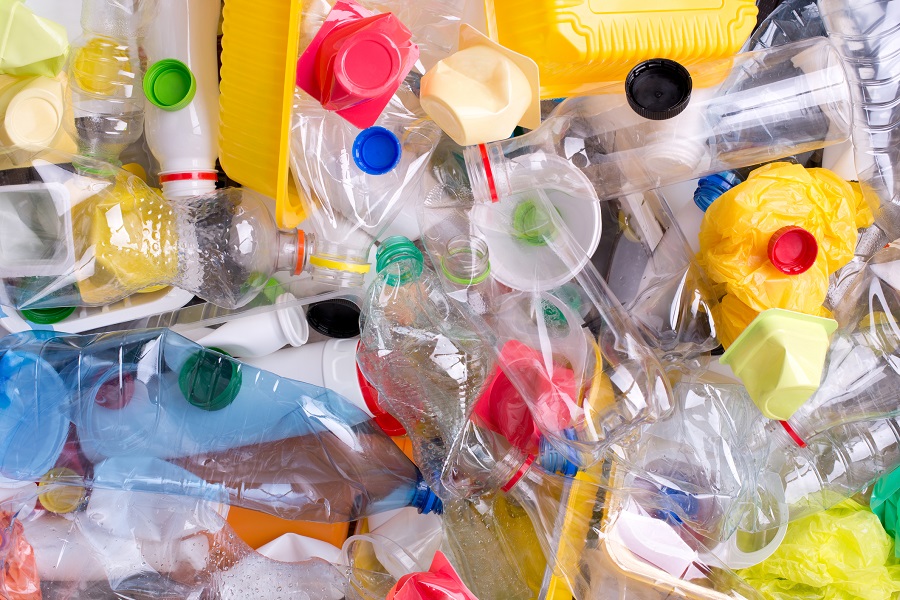accredited-services-plastic-pollution
ENAC- accredited services, a useful tool against plastic pollution

More than 400 million tons of plastic are produced worldwide each year, half of which are used only once, and less than 10% is recycled. It is estimated that between 19 and 23 million tons of plastic waste end up each year in lakes, rivers, and seas, according to the latest data published by the United Nations Environment Program (UNEP), made public on June 5, the World Environment Day. It claims to have the necessary solutions to plastic pollution.
Among other means, having ENAC-accredited services guarantees properly managing and using plastic resources, with accreditation being an increasingly used resource by the different public administrations to achieve their objectives in this area.
In total, the Spanish market has more than 400 ENAC-accredited bodies that have demonstrated the necessary technical capacity to carry out more than 500 assessments and control activities in very different environmental sectors. And, among these accredited activities, there are laboratories and inspection & certification bodies guaranteeing the market and the Administration a more efficient plastic waste management.
Therefore, the Spanish Ministry for the Ecological Transition and the Demographic Challenge's Royal Decree 1055/2022 on packaging and packaging waste has made use of accreditation to prevent and reduce the impact of packaging on the environment throughout its life cycle. So, within the requirements for the packaging design, made of non-compostable plastic, the Royal Decree establishes that the amount of recycled plastic must be certified according to the UNE-EN 15343:2008 standard by an accredited body. A requirement also demanded by Law 7/2022 on waste and contaminated soils to determine the taxable base of the special tax on non-reusable plastic packaging.
Moreover, the royal decree also requires certification to make labeling more reliable, improve transparency and to help consumers make informed decisions about the packaging's recyclability. Specifically, it sets out that the packaging may be marked with the percentage of material available for quality recycling and, in the case of biodegradable or compostable plastic packaging, specifies that the labeling must say that it is certified in accordance with the UNE-EN 13432 standard, which includes the testing and assessment requirements for its recovery. ENAC, in order to better guarantee these objectives are achieved, has developed accreditation schemes for these activities.
Moreover, accredited services also contribute to ensuring the amount of material deposited in landfills is reduced, and waste and environmental protection management is more efficient. Therefore, the market has accredited quality and stock control services of recovered materials in the municipal solid waste field in light/domestic packaging. This activity enables the different fractions making up domestic waste to be determined, that is, to identify the typology and to know what the components deposited in the containers are. Subsequently, once the composition of the municipal solid waste has been identified, a quality control is carried out on the recovered materials. This enables higher quality recycling in terms of saving energy, emissions, and raw materials, resulting in a considerable reduction in how much material is deposited in landfills and a more efficient waste management and environmental protection, among other benefits.
For treating and recovering waste, it is essential to classify it so that its handling and deposit is carried out properly and with the necessary level of safety. This classification is based on the previous characterization of waste destined for landfills. In Spain, we have ENAC-accredited inspection bodies to carry out this characterization, which is based on analytical results provided by accredited laboratories, as established by Royal Decree 646/2020 regulating the disposal of waste by landfill.
Regarding the design, composition, and nature of plastic packaging for reuse and recovery, an essential aspect for the circular economy, the Packaging and Packaging Waste Law requires that they meet a series of requirements contained in international standards, currently having accredited laboratories to carry out the necessary tests to inspect and assess that plastic materials respond to this legal requirement.
Accreditation News
Accreditation News is published quarterly and sent to organizations and to people who have asked to be included on its mailing list.
Would you like to receive a free copy of Accreditation News? Subscribe here.

